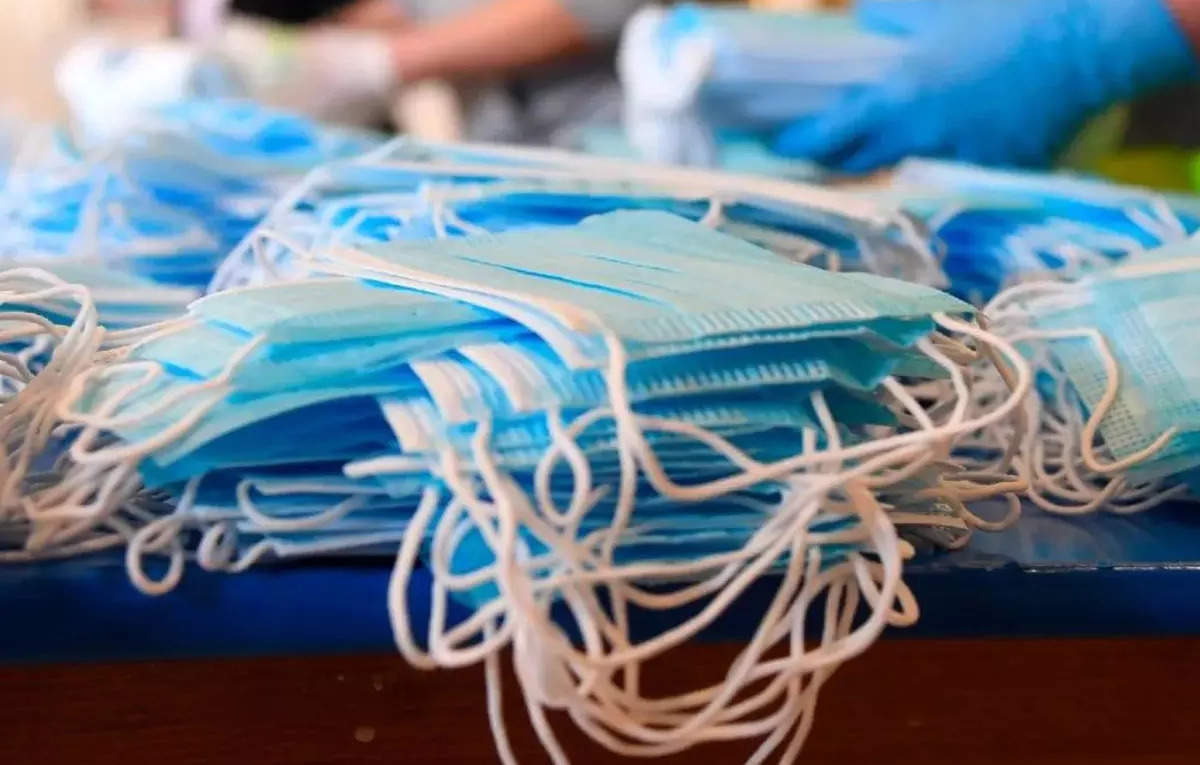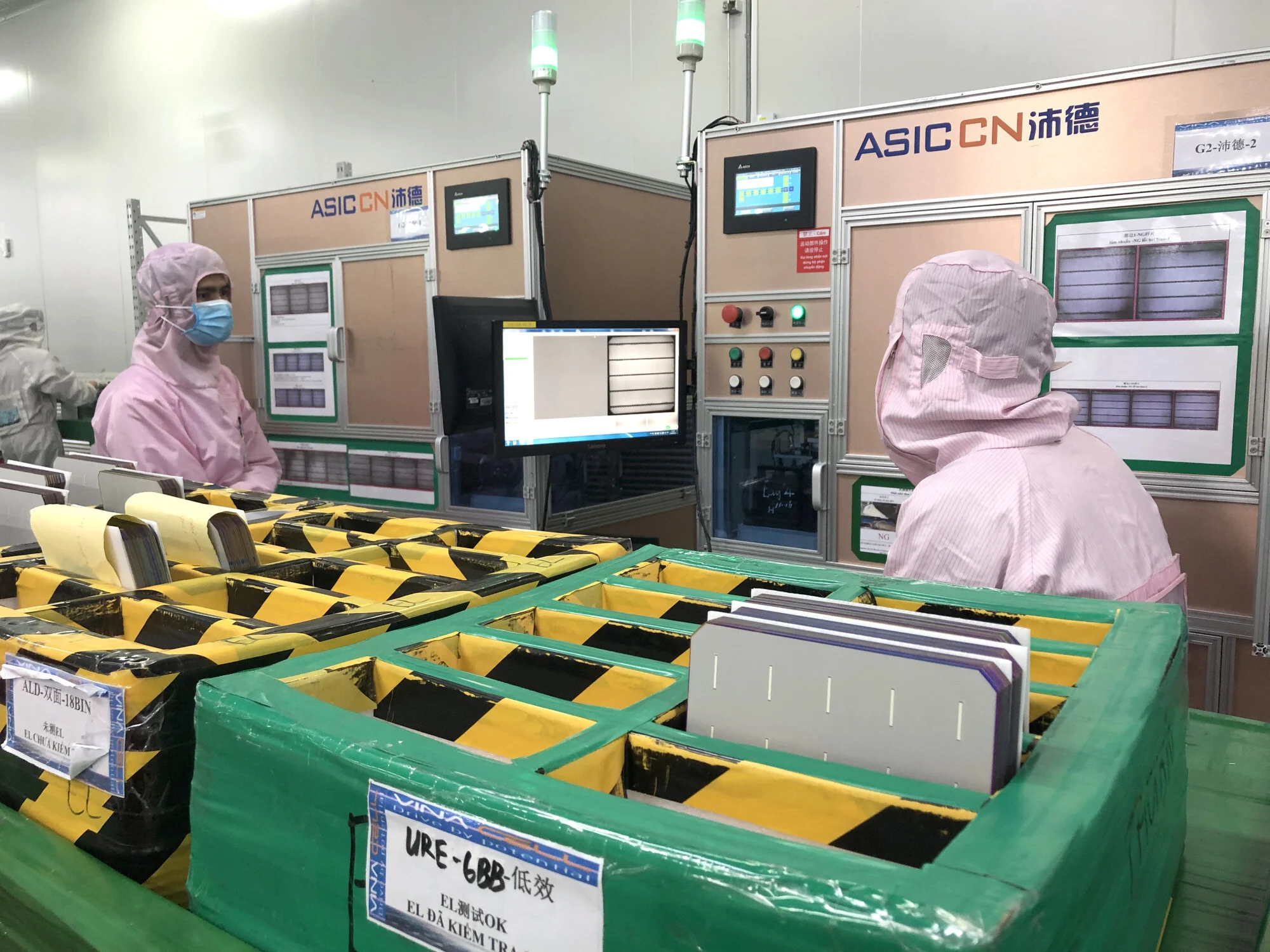President Joe Biden’s decision to increase tariffs on Chinese goods is poised to provide a lifeline to U.S.-based medical mask and glove manufacturers. This move comes at a critical juncture for a sector that experienced a surge in demand during the COVID-19 pandemic but has since struggled to maintain momentum. Industry insiders anticipate that Biden’s tariffs could stimulate demand by narrowing the price gap with cheaper imports from China. Additionally, these tariffs may incentivize investments necessary to revive stalled projects within the domestic production landscape, although opinions vary on whether the proposed 25% duties are sufficient.
The U.S. PPE Market
Mordor Intelligence, a research firm based in India, estimates the U.S. personal protective equipment (PPE) market to be valued at $14 billion, highlighting the significant economic stakes involved in the production and distribution of these critical healthcare supplies.

Tariffs and National Security
Biden’s announcement of increased tariffs on personal protective equipment is part of a broader strategy to bolster U.S. competitiveness in sectors deemed vital for national security and the transition to a green economy. These tariffs, covering a range of goods totaling $18 billion, are intended to safeguard key industries and promote domestic resilience.
Impact of COVID-19
The onset of the COVID-19 pandemic precipitated acute shortages of essential PPE items such as masks and gloves, prompting a surge in domestic production efforts. The federal government allocated $1.2 billion towards supporting these initiatives, leading to the emergence of numerous start-up factories dedicated to manufacturing masks and gloves.
Challenges in Domestic Production
Despite initial momentum, many of these domestic production projects faltered as cheap imports from Asia flooded the market once again. Several ventures struggled to attract customers willing to pay the premium for domestically-made alternatives, resulting in factory closures and stalled projects.
Industry Response to Tariffs
Executives within the PPE manufacturing sector, such as Dan Izhaky of United Safety Technology, have welcomed Biden’s tariff increases. Izhaky believes that the proposed rise in tariffs on gloves from 7.5% to 25% by 2026 will help bridge the price gap with competitors, potentially facilitating the completion of his Baltimore-based glove factory. However, he suggests that a higher tariff rate of 50% would be more effective.
Lobbying for Support
The American Medical Manufacturers Association, a coalition of PPE producers, has been actively lobbying for government assistance to support domestic manufacturing efforts. Thomas Allen, founder of Altor Safety, anticipates that the tariff hikes, particularly on masks, will bolster demand for his products and enable him to expand operations to meet increased orders.
Assessment by Premier Inc
Premier Inc., a major purchaser of medical products for U.S. hospitals, acknowledges the abundance of PPE supply currently available. While the impact of the new tariffs on prices remains uncertain, Soumi Saha, Senior Vice President of Government Affairs, suggests that PPE may be less affected compared to other healthcare-related tariffs.

Biden’s tariff strategy represents a concerted effort to revitalize domestic manufacturing capabilities and mitigate reliance on foreign suppliers for critical healthcare supplies, safeguard national security, and promote economic resilience in key sectors.
